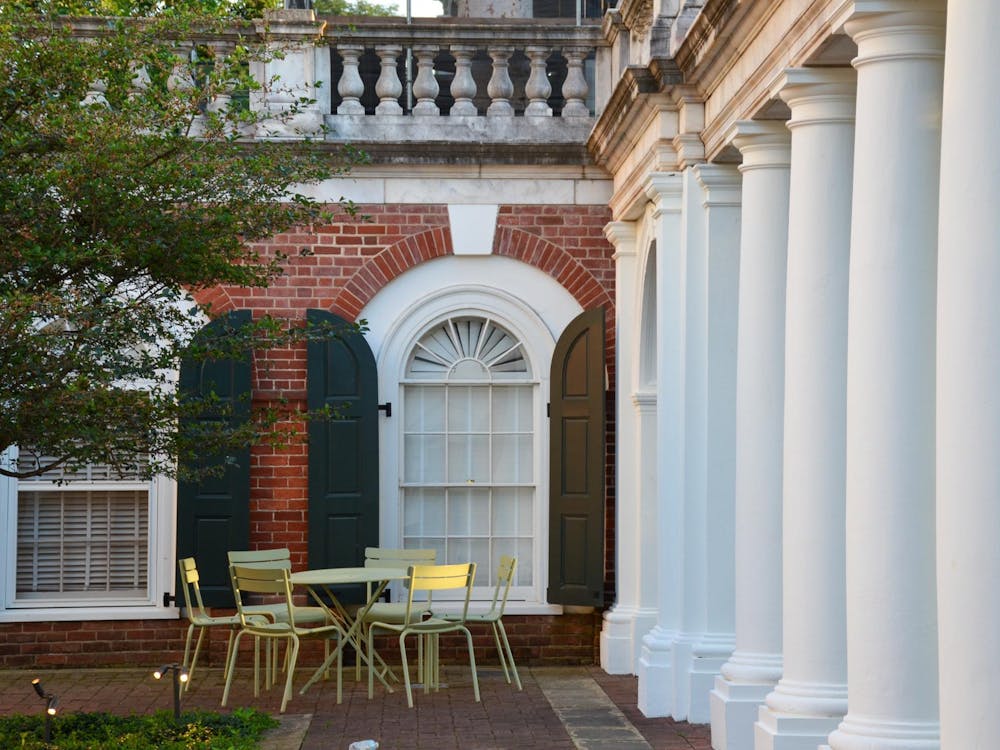A recent poll released by the Harvard Institute of Politics shows a majority of young voters are dissatisfied with the Bush administration, while nearly a third of the young electorate will "definitely be voting" in Tuesday's upcoming elections.
Twenty-four hundred 18-24 year olds were polled in the survey which sought to compare the political importance of both college and non-enrolled youth.
"Since 9/11, since the Iraq war, we've seen a growing relevance ... and a growing importance of politics in young people's lives," said Esten Perez, spokesperson for the institute.
With a margin of error of three percent, the survey noted little difference between the two groups of youth voters with both showing similar disapproval ratings when it came to the makeup of Congress, the Bush administration and the Iraq War, Perez said.
There is a "pretty consistent message that I think is on track with the national electorate," Perez said.
Conducted Oct. 4-16, the survey asked respondents to grade President Bush on performance at the halfway point of his second term, taking into account seven key issues including topics such as the campaign against terrorism, education and the environment.
According to Student Survey Chair Krister Anderson, a senior at Harvard, young adults gave Bush a C- overall and a D+ when it came to the War in Iraq.
"Among this generation that is very conscious of grades, this is very telling of this administration," Anderson said.
According to the poll, 32 percent of the young electorate plan to participate in the upcoming midterm elections. With as many as "60, 70, or 80" close congressional races, the youth vote could be what tips the scale, said Joshua Scott, program director for the University's Center for Politics.
"There are so many close elections, and this is the first time in a while," Scott said. "The potential for the youth vote to alter the balance of power is certainly there."
According to Anderson and Perez, if nearly a third of young voters do turn out at the polls Tuesday, it could mean that politicians will have to reevaluate the way their campaigns target the youth demographic that is often overlooked in traditional campaigns.
"There was a spike of youth turnout in 2004," Perez said, noting that 26.6 percent voted in the presidential election that year.
"What we're hoping for is that 2006 will represent a continuation of momentum for young people in our political system," he said. "We don't want 2004 to be an anomaly or a blip on the radar--we want it to represent a new beginning for young people to participate in our democracy."






